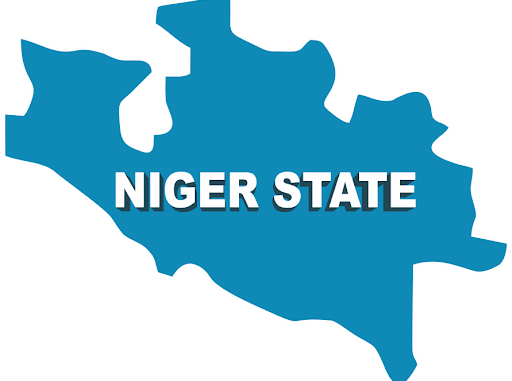By Muhammad Danjuma Abubakar
The essence of every government at all levels is to ensure the welfare of the citizenry as well as their protection. The protection that also embodies the provision of quality, affordable and prompt healthcare delivery, for guaranteed well-being and vitality. This is so because it is the healthy population that utilizes basic infrastructure and drive the productivity machine of the state.
It is, therefore, justifiable, that governments across all levels have given attention to the healthcare sub-sector at least in their budgetary allocations even though still, below internationally recommended threshold.
Jailbreaks: Commission blames congestion, inhuman treatment
Economy: How Nigeria became a laggard among peers
For example, a look at the two recent budgetary allocations of healthcare sub-sector in Niger State – which is the focus of this piece, showed that the sum of over N11 billion was allocated to healthcare in the 2019 budget out of the total N159 billion, while the allocation shot to the sum of over N20 billion in the 2022 budget, out of the total over N190 billion naira (two years after). For a state that has over 1,400 primary healthcare facilities in the state, in addition to numerous secondary health facilities across the state serving over 4 million population (according to 2006 census). Such increment in the healthcare budget is necessary, and infact, commendable, in the face of the numerous competing issues that characterize every government.
Expectedly also, these allocations should translate to good hospital structures, modern medical equipment and qualified medical personnel from the PHCs to secondary facilities (general hospitals).
But it is evident that a good-structured healthcare facility with modern medical equipment is not enough, unless accompanied by the existence of good, committed and humane medical personnel as well as visionary public healthcare management.
By proof, the horrible experience of my very closest friend, Mr. Abdullahi, whose pregnant wife was due for delivery and so was admitted in a well-equipped maternal and neo-natal public hospital in Minna, the Niger State capital, very recently, confirmed this.
At the Jummai Babangida Maternal and Neo-natal Wing of the General Hospital, Minna, where this fellow’s wife was admitted for about 20 hours in the labour room, came sudden information that his wife would have to undergo an urgent caesarean; but that the hospital had no power supply having being disconnected by the Abuja Electricity Distribution Company (AEDC) as a result of the state government indebtedness to the tune of over N1 billion accumulated over the years. He was also sadly informed that the hospital had no diesel and no money for its purchase, to carry out the operation on the innocent pregnant woman in pains. And this led to their referral in the middle of the night to a private hospital within Minna, whose C.S. cost is N200,000.
To put it mildly at this point, it is disgraceful that a public hospital in Minna metropolis even though well-equipped, lacks power supply from the public source; and had no money for diesel to attend to emergency surgical operation like the C.S. It is also shocking that this hospital could not also boast of the periodic ‘imprest’ that comes to her in addition to the Internally Generated Revenue.
You cannot but wonder if the hospital is being managed by capable humans or zombies; or it is simply the manifestation of the incapacities of the government officials in charge of the state’s health sector.
Understandably though, paper budgetary allocations do not always translate to complete releases by the government, to deserving ministries and agencies. It is difficult therefore, for the state government officials to claim innocence of this unpardonable administrative lapses in the hospital.
In the face of the national drive for the Universal Health Coverage, which government at all levels preach, the importance of qualitative, prompt and affordable healthcare delivery for all categories citizens cannot be fully expressed in words. Government must pay key attention to basic sectors of the society that includes healthcare. It must also consistently train and retrain its workforce especially, those in the labour room; another unpleasant narration of a woman who said a heartless nurse/midwife had once slapped an innocent woman in pains during childbirth in the same hospital, on the basis of the woman’s ‘too much groans’, should provoke every sensible human.
The government officials must do more in monitoring their workforce and slam sanctions on any staff and management exhibiting any act of unprofessionalism and incompetence.
Lastly, the AEDC and other discos should be more considerate in the disconnection of essential public infrastructures-like public hospitals, despite their profit-driven objective; since privatization does not imply insensitivity.
Muhammad Danjuma Abubakar writes from Minna, Niger State

 Join Daily Trust WhatsApp Community For Quick Access To News and Happenings Around You.
Join Daily Trust WhatsApp Community For Quick Access To News and Happenings Around You.